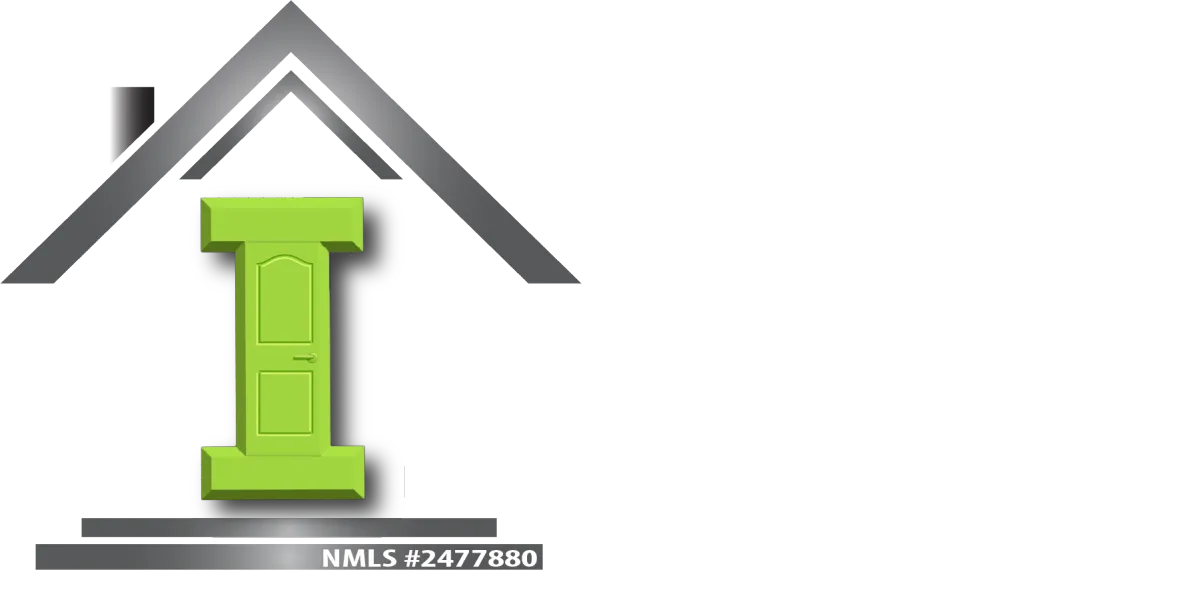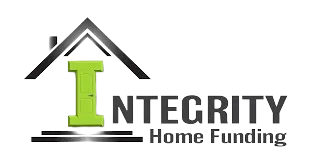503-479-5820 | Sign In | Apply
Conventional Loans
Flexibility and Competitive Rates
We'll help you find the right loan program. If you're not quite ready, we will help get you there.
WHAT ARE conventional LOANS?
Conventional loans are mortgage loans that are not insured by any government agency. They are available through private lenders and typically offer competitive interest rates and flexible terms. These loans are ideal for borrowers with good to excellent credit and stable financial histories.
WHAT ARE the benefits of a conventional loan?
Competitive Interest Rates: Often lower than those of FHA loans for borrowers with good credit.
Flexible Terms: Choose from various term lengths, such as 15, 20, or 30 years.
No PMI with 20% Down: Avoid the extra cost of private mortgage insurance by putting down at least 20%.
More Loan Options: Available for a wider range of property types and uses.
How is a conventional loan different from other loan types?
what are the eligibility qualifications of a conventional LOAN?
Credit Score: A minimum credit score of 620 is required, though higher scores can secure better interest rates.
Down Payment: Typically, a minimum of 3% to 5% down payment is required, depending on the loan program and borrower profile. However, a 20% down payment eliminates the need for private mortgage insurance (PMI).
Debt-to-Income Ratio: Conventional loans allow a DTI up to 50%, but 36% or lower is preferred for the best terms.
Loan Limits: For 2024, the conventional loan limit is $766,550 for most areas, with higher limits in high-cost areas.
Stable Income: Proof of steady income and employment.
Property Type: Can be used for primary residences, secondary homes, or investment properties.
How Do i apply for a conventional LOAN with you?
Check Your Credit Score: Ensure your credit score exceeds 620. Some lenders have higher requirements.
Determine Your Budget: Use our mortgage calculator to understand what you can afford.
Gather Documentation: Gather proof of income, tax returns, and employment history. If you are unsure of what you need, we can help.
Find a Lender: We will help you find a lender who is the best fit for you.
Submit Your Application: Complete the online loan application using our industry leading software and provide the necessary documentation.
Home Appraisal: Your lender will arrange for an appraisal to determine the property's value.
Close on Your Loan: We will support you to review and sign your loan documents to finalize the process.
Congratulations on your new home loan!
Your Future Starts Here
Applying with Integrity Home Funding is secure and customized to your needs. Not sure if you are ready? Give us a call and we will walk you through it!

© Copyright 2026. Integrity Home Funding. All Rights Reserved.
Licensed In: Oregon & Washington | Company NMLS: 2477880 | WA LIC: CL-2477880
6975 SW Sandburg Street, Suite 120 Tigard, Oregon 97223
Disclaimer: All loans subject to qualifying factors. Not all applicants will qualify.
Your Consent & Privacy: By providing your phone or email, you grant consent for Joel Martin / Integrity Home Funding LLC to contact you, including via automated calls, texts, or pre-recorded messages. This applies even if your number is on a Do-Not-Call list. SMS/MMS may incur charges. You can revoke consent anytime.

